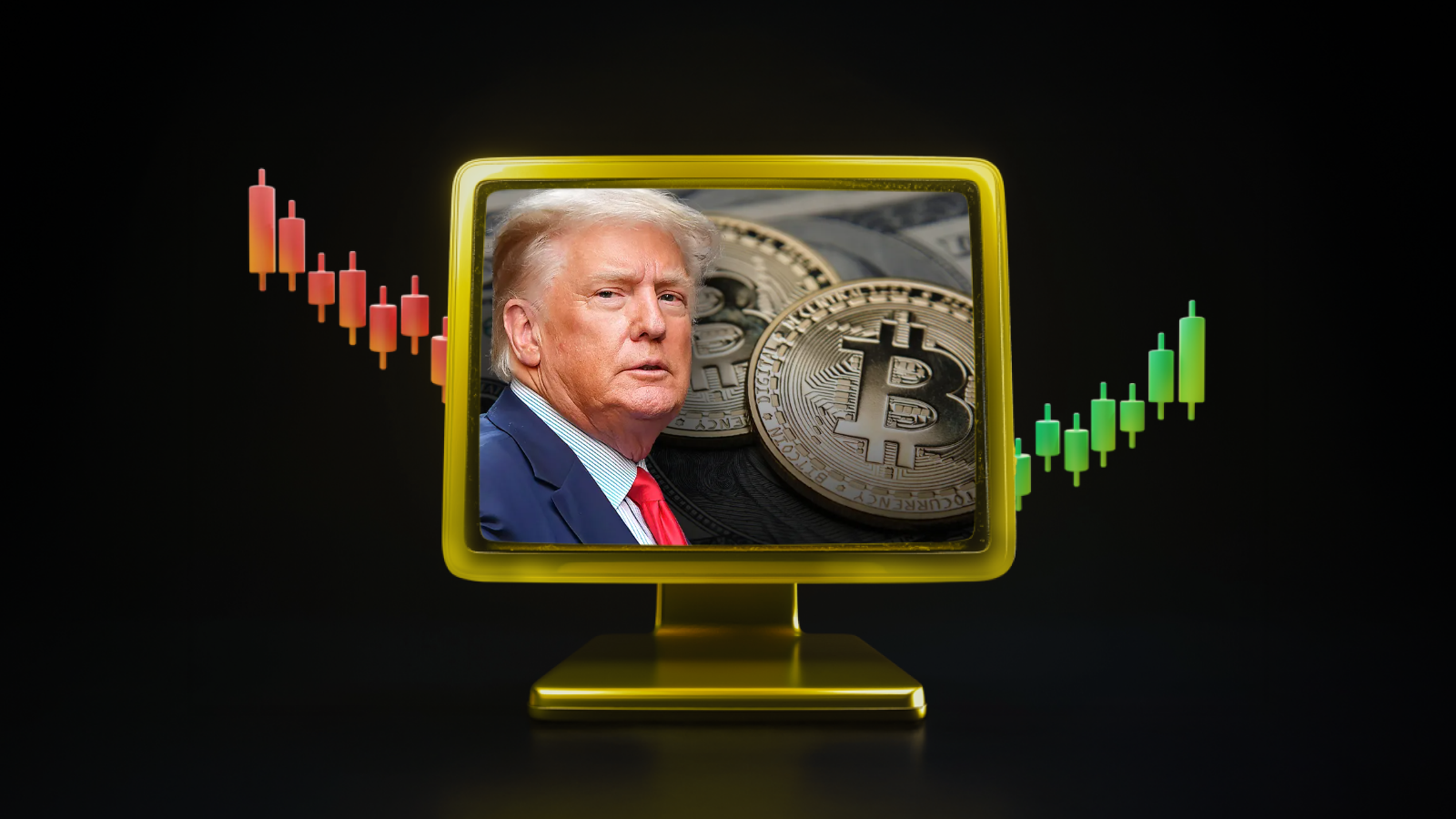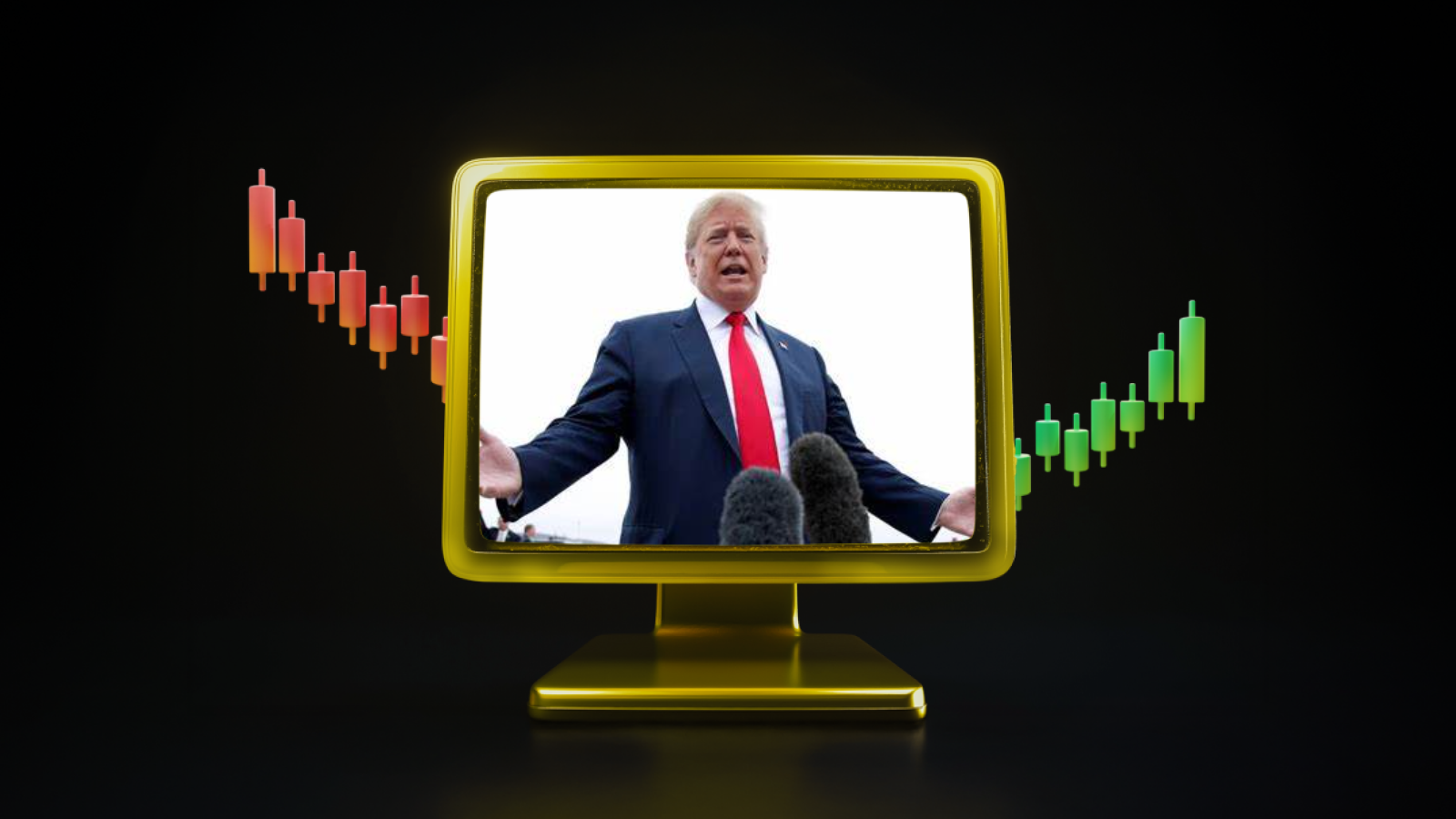Historical Background of Silk Road
Silk Road was an online marketplace on the dark web founded by Ross Ulbricht in 2011. The platform was mostly used to trade illegal goods and services. Silk Road aimed to ensure anonymity for illegal activities by using Tor technology, which allows users to remain anonymous, and cryptocurrencies such as Bitcoin. However, it was shut down in 2013 in an operation organized by the FBI and Ross Ulbricht was sentenced to life in prison.
Discussions on the Release of Ross Ulbricht
Ross Ulbricht’s life sentence has been much debated in public and legal circles over the years. His supporters argued that the sentence was disproportionate and argued that Ulbricht should not have received such a severe punishment due to the nature of his crime. Starting in 2021, the campaign for his freedom became a major movement with petitions signed by thousands of people.
In 2024, Ulbricht’s case was retried, and a review of his sentence was discussed. Although the court has rejected requests for his release, the case continues to resonate with the public. His supporters argued that Ulbricht should be reintegrated into society, noting his young age and potential for reform.
Finally, on January 22, 2025, Ross Ulbricht was officially released from prison under a special pardon granted by Donald Trump. While this caused great joy among his supporters, it also sparked controversy in legal circles. Ulbricht’s release could both set a precedent for past cases and provide an opportunity to reassess trust in the justice system.
Seizure of Bitcoins
After the closure of Silk Road, the US government seized a large amount of Bitcoins. These Bitcoins consisted of proceeds from illegal transactions made on the platform. At the time, the total number of Bitcoins seized was reportedly more than 170,000. At the time, the price of Bitcoin was relatively low, but the value of these assets has risen over the years to billions of dollars.
The US government has decided to sell some of the confiscated Bitcoins through public auctions. These auctions attracted various investors and companies. For example, the famous Bitcoin advocate Tim Draper won 30,000 Bitcoins in an auction in 2014.
Developments in Recent Years
The government still holds some of the Bitcoins it seized. However, there is no clear policy on how these assets will be used in the future or what the sales strategy will be. The US Department of Justice has stated that seized cryptocurrencies are generally used to support federal law enforcement operations or transferred to the general state treasury.
The court decision made the sale of these Bitcoins legally possible and important steps were taken in this regard. In particular, on December 30, 2024, US District Judge Richard Seeborg authorized the sale of 69,370 Bitcoins seized by the Department of Justice. This decision put the liquidation of approximately $6.5 billion worth of Bitcoin on a legal footing and led to movement in the market. However, it has been stated that such high-volume sales will not take place immediately and require additional administrative processes and planning.
However, market experts suggest that such a sale could lead to volatility, but the effects could be limited due to the current market liquidity. The government’s proceeds from the sale could help fund public projects and allow the market to adapt to such operations taking place within a legal framework.
Another option that has recently come to the fore is the use of confiscated Bitcoins to create a national Bitcoin reserve. This proposal is based on the idea that it could strengthen the government’s presence in the cryptocurrency market and provide long-term strategic gains. However, this approach carries complex risks due to the legal uncertainties and market volatility surrounding cryptocurrencies. Nevertheless, such a reserve strategy may be considered as part of Trump’s future digital economy policies.
Impact of Bitcoins and Controversies
The Silk Road case profoundly affected both the public perception of Bitcoin and the cryptocurrency markets. The increased value of seized Bitcoins has increased interest in cryptocurrencies and made the need for regulation more apparent. Some critics argue that government seizure of cryptocurrencies could lead to market manipulation. On the other hand, using these assets for the public good could generate social support.
In conclusion, the fate of Bitcoins seized from Silk Road is an important topic of debate with both financial and legal dimensions. How the US will manage these assets will be an important reference point for future operations and market regulations.





